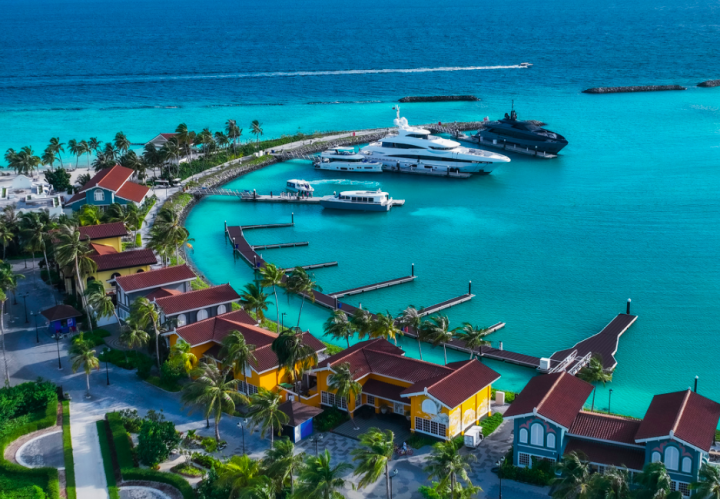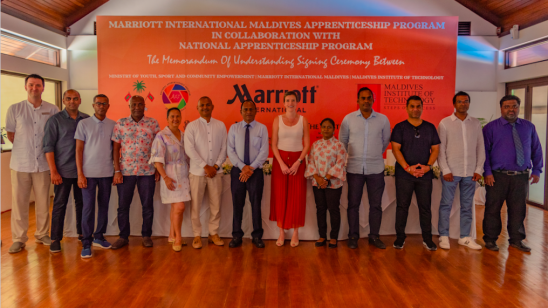
Designating and Awarding an Integrated Tourist Resort Development
On December 27, 2020, the Maldives’ government introduced a legislative framework for integrated tourist resort (ITR) development as a separate tourism product in the Maldives.
What is an ITR Development?
An ITR development is a project that combines a variety of tourism products including resorts, hotels, guesthouses, yacht marinas in a single project. The project may be developed on an island, across multiple islands or on a lagoon.
An ITR Development may be awarded to a state-owned enterprise or a private party. If the project is promoted by a private party, it can be awarded (i) for the best proposal received in a public bid; (ii) on acceptance of an unsolicited bid submitted under relevant rules identifying project details; and (iii) under cross subsidy rules.
Designation of an ITR Development
The location for an ITR Development is decided by the president with advice from the Ministry of Tourism (MOT). The MOT must ensure compliance with all relevant processes and procedures in relevant laws and regulations. Once designated by the president, MOT has the power to grant an ITR Development project.
Awarding an ITR Development Project
ITR Development can be launched with the approval of the MOT. That approval is contained in a project specific lease agreement.
Despite a project agreement, the constituent subsets of the project like hotels, guesthouses, ect. still require MOT approval and need to follow rules applicable to the establishment and operation of those subsets.
An ITR Development approval is given if the location is designated, construction meets MOT development standards, services and facilities designated are available at MOT’s standards and if the project meets all other criteria or standards provided by applicable rules.
Unless specifically excluded by law, all rules applicable to tourist resorts will continue to apply to resorts within an ITR Development.
Subsets of an ITR Development
An ITR development can have a combination of subsets such as resorts, hotels, guesthouses, diving centers, restaurants, retail shops, or any other services provided for tourists.
The project land must carry categories for individual subsets and these subsets must be established only at the dedicated land. It is a function of the developer to earmark and demarcate land for specific subsets. The developer would also be required to submit to MOT for their approval a chart prepared in accordance with MOT guidelines showing categorization of land for individual subsets.
Conversion of Existing Resorts
It is possible to convert a land, island or lagoon already designated for tourist resort development into an ITR Development. Any such conversion request will be subject to relevant regulations, MOT approval and payment of a conversion fee of US$1million.
Read more about the Legal Terrain for Stakeholders in an ITR Development
—
IMPORTANT NOTES:
References:
Maldives Tourism (Tenth Amendment) Act [Law Number: 35/2020]
Integrated Tourism (Development and Operation) Regulations [Regulations Number:2021/R-64]
Tourist Resorts (Grant of Rights) Regulations [Regulations Number:2010/R-14] as amended
Own Terms: Project Agreement, Investment Agreement, Project Land, and Subsets are our own terms used in this article for ease of understanding only. Terms used in the law and regulations may differ.
Disclaimer: The article contains a general understanding of the relevant rules as they relate to ITR Developments on uninhabited islands and is meant for providing a general understanding of the subject for information purposes only. Certain details may have been omitted in the interest of brevity. It is requested that proper advice be sought in case of a serious examination of the applicable law and regulatory framework.
Version of the article originally published on Nasheeds Commercial Lawyers
Featured Image: CROSSROADS Maldives







Pingback: Legal Terrain for Stakeholders in an Integrated Tourist Resort Development – Hotelier Maldives